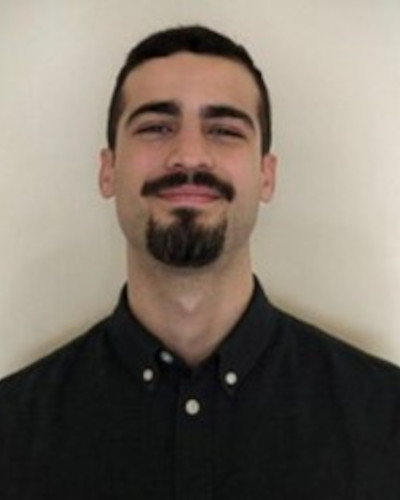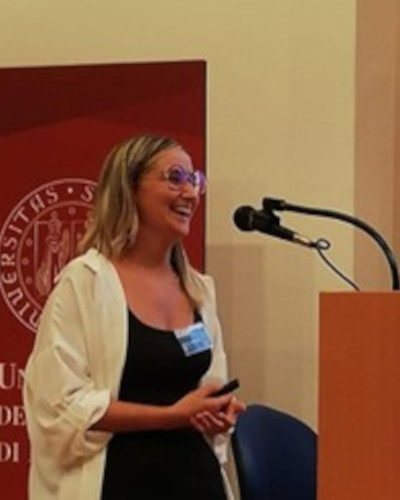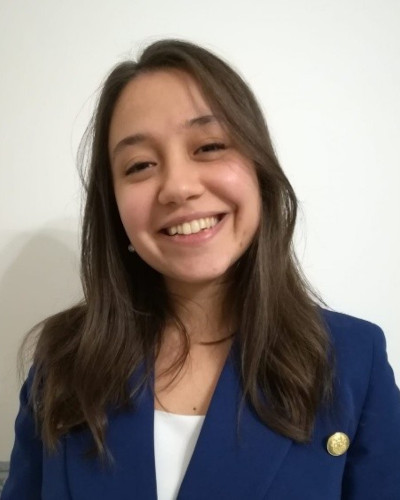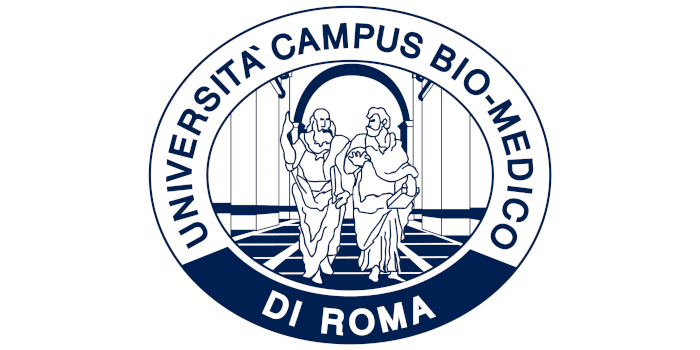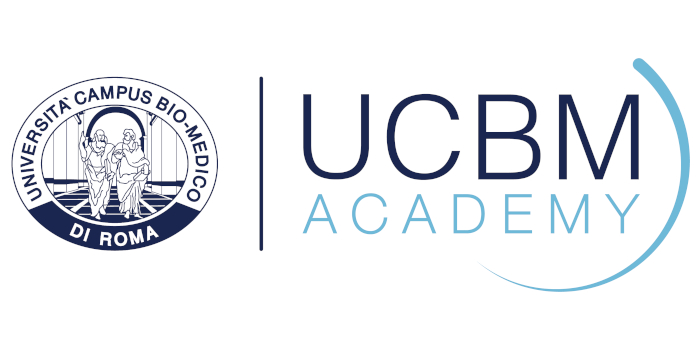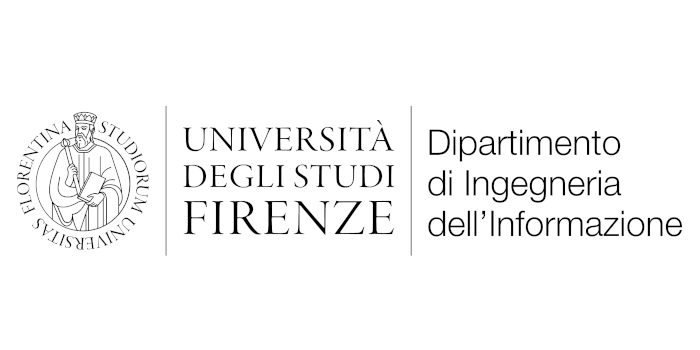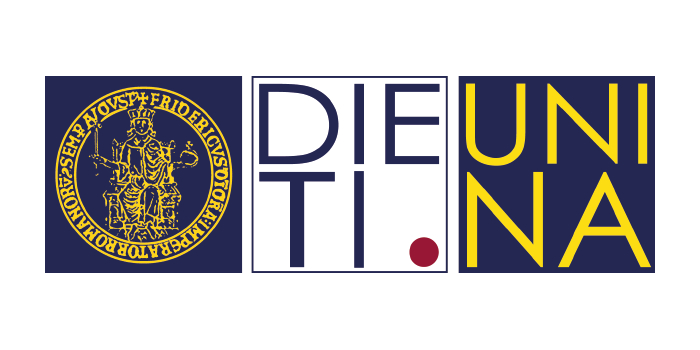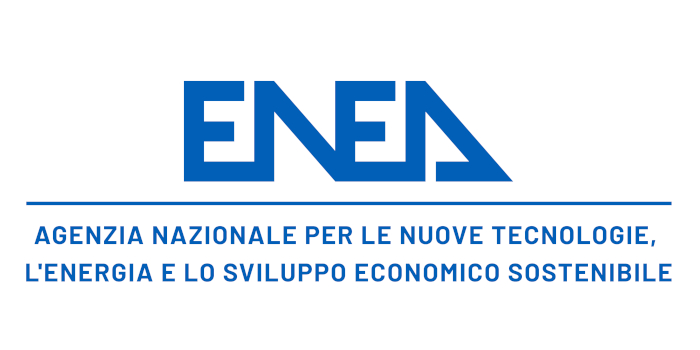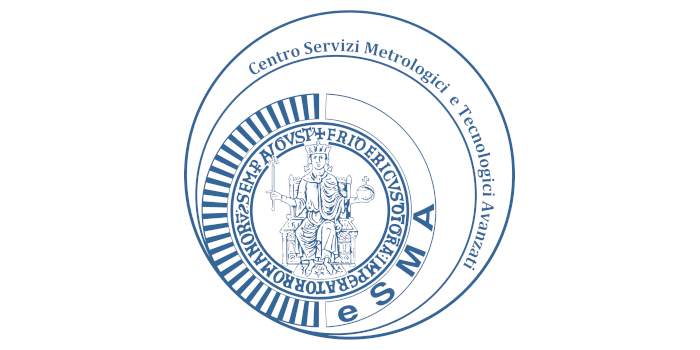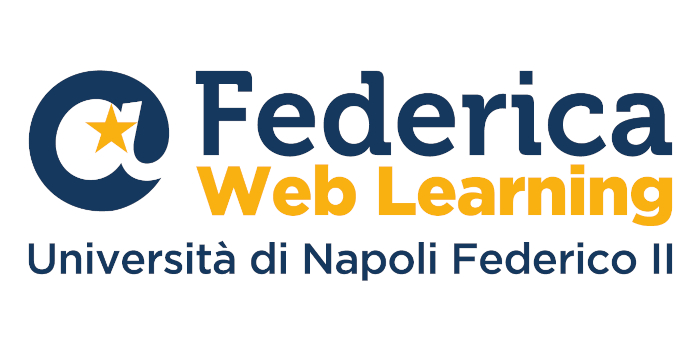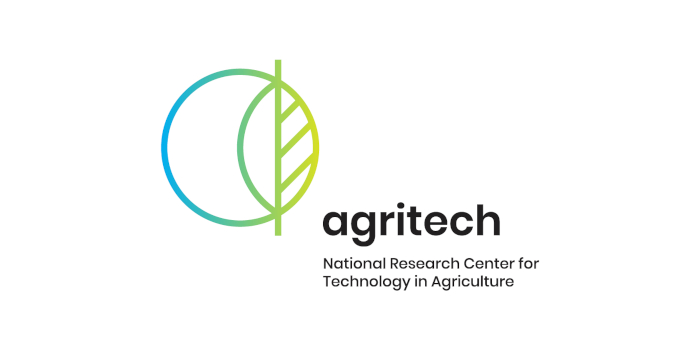SPECIAL SESSION #14
Young Researchers for IND4.0 &IoT
ORGANIZED BY
Matteo Ciotola
University of Naples Federico II, Italy
Giuseppe Guarino
University of Naples Federico II, Italy
Agnese Sbrollini
Polytechnic University of Marche, Italy
Francesca Razzano
University of Naples Parthenope, Italy
SPECIAL SESSION DESCRIPTION
This Special Session aims to highlight and promote the contributions of young researchers in the field of metrology for the development of Industry 4.0 and IoT. The session is designed to encourage the participation and collaboration of early-career professionals from academia and industry, fostering interdisciplinary dialogue and advancing innovation both in metrology for the development of Industry 4.0 and IoT, and in the new opportunities offered for the development of new measurement methods and instruments. This initiative offers young researchers an opportunity to broaden their technical expertise and professional networks. Reflecting the inherently multidisciplinary nature of the field, the session welcomes contributions from diverse domains. This session is open to papers authored and presented by young researchers under the age of 35. The most outstanding contribution will receive the “Best Paper presented by a Young Researcher” award. Both the Special Session and the award are proudly promoted by the IEEE Young Professionals Affinity Group – Italy Section.
ABOUT THE ORGANIZERS
Matteo Ciotola (Member, IEEE) received his B.Sc. and M.Sc. degrees (cum laude) in Automation Engineering, and earned his Ph.D. in Information Technology and Electrical Engineering (ITEE) in 2024 from the University of Naples Federico II, Italy. He is currently an Assistant Professor at the same university and a member of the Group of Research on Image Processing (GRIP).
In 2020, he completed a research traineeship at the Centre de Coopération Internationale en Recherche Agronomique pour le Développement (CIRAD) in Montpellier, France, where he conducted research at the Maison de la Télédétection, an interdisciplinary center focused on remote sensing for environmental and agricultural applications. From 2022 to 2023, he served as a Visiting Scholar at the Université Bretagne Sud in Vannes, France, collaborating with the Environment Observation With Complex Imagery (OBELIX) research team.
His primary research interests lie in remote sensing image analysis, with a focus on multi-source image fusion, including super-resolution, pansharpening, and co-registration of multispectral, hyperspectral, and panchromatic data. His work leverages deep learning techniques to develop cutting-edge methodologies in image processing for remote sensing applications.
Since 2025, he has been serving as Chair of the Young Professionals Affinity Group of the IEEE Italy Section.
Giuseppe Guarino (Graduate Student Member, IEEE) received the B.Sc. and M.Sc. degrees (cum laude) in automation engineering from the University of Naples Federico II, Naples, Italy, in 2019 and 2022, respectively, where he is currently pursuing the Ph.D. degree. He is a member of the Image Processing Research Group (GRIP), Naples, and he is also collaborating with the Institute of Methodologies for Environmental Analysis (IMAA), National Research Council (CNR), Tito, Italy. His main research interests concern the design of deep learning-based algorithms for the analysis of hyperspectral satellite imagery. In particular, his work focuses on developing methods to enhance spatial resolution through pansharpening techniques and to estimate air pollutant concentrations from remote sensing data. In 2024, he was a Visiting Scholar with the Centre Inria d'Université Côte d’Azur, Montpellier, France, where he conducted his work with the EVERGREEN research team. During this period, he explored new research topics focused on semi-supervised domain adaptation in heterogeneous scenarios, investigating methods to improve model generalization across different data distributions. From 2024, he is the Vice-Chair of the IEEE Young Professional Affinity Group of the IEEE Italy Section.
Dr. Agnese Sbrollini is an Assistant Professor (RTT) in the Department of Information Engineering at Università Politecnica delle Marche. Her research primarily focuses on the application of biostatistics and artificial intelligence to cardiovascular signal analysis, with particular emphasis on sport-related sudden cardiac death prevention, atrial fibrillation detection, and clinical decision support in fetal and neonatal monitoring. She teaches “Statistical Methods for Bioengineering” and “Cognitive Computation in Physiology and Medicine” in the Biomedical Engineering courses of Università Politecnica delle Marche, where she served the role of contact person of the Orientation Committee. Since 2025, she has served as Secretary of the IEEE Young Professionals Affinity Group, Italy Section. She is an Editor for PLOS ONE and the author of more than 100 peer-reviewed publications in international journals and conference proceedings.
Francesca Razzano was born in Caserta, Italy, in 1999. She graduated cum laude in Electronic Engineering for Automation and Telecommunications from the University of Sannio in 2023. She is currently pursuing a Ph.D. in Information and Communication Technology and Engineering at the University of Parthenope in Naples, while also collaborating with the University of Sannio.
Her research focuses on Remote Sensing and satellite data analysis, with a particular emphasis on the application of Artificial Intelligence techniques for Earth observation. She is specifically involved in projects related to water quality monitoring and forest tree height estimation. Additionally, she has contributed to research on the fusion of optical and SAR data for various tasks and is actively working on the development of onboard AI systems for Remote Sensing applications.
Francesca has gained professional experience as a Visiting Researcher at the European Space Agency’s Φ-Lab, with which she continues to collaborate. She has co-authored several papers and presented her work at leading conferences in the field of Remote Sensing.
Her research has been recognized with numerous awards. She received a Prize in the IEEE AESS Italy Chapter’s award for the top three Master's Theses in her field. Her team was selected among the Top 5 in the ESA Φsat-2 OrbitalAI Challenge, and they also received a Special Prize at the OceanHack4EU Hackathon. Furthermore, she was honored with a Best Poster Award, sponsored by Thales Alenia Space, for her work titled "Transforming Environmental Monitoring into Risk Prediction through Remote Sensing and Artificial Intelligence on Board."
Francesca is an IEEE Student Member and an active volunteer in IEEE GRSS IDEA initiatives, particularly in the Women Mentoring Women program. She also serves as Treasurer of the IEEE Young Professionals Affinity Group within the IEEE Italy Section.


